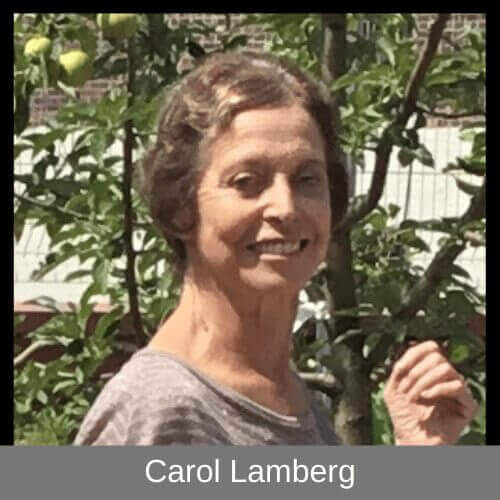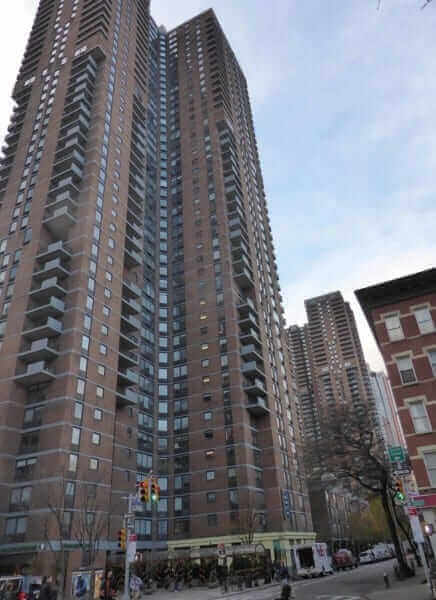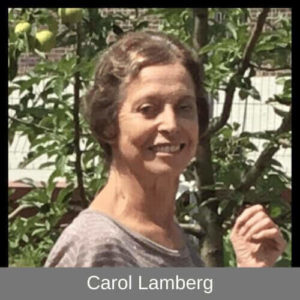
Ep. 5 - Building housing in New York isn't easy. There's lots of red tape and high housing costs, but none of that detracted Carol Lamberg from pushing through projects that later went on to flourish. Carol Lamberg was the executive director for the Settlement Housing Fund from 1983 until her retirement in 2014. The settlement housing fund has produced 8900 apartments in 58 developments in New York. Most of their owned developments are mixed-income buildings occupied by families whose income range from public assistant levels to about $85,000. She shares how maintaining buildings well, investing in resources like community centers, and finding the right tenants help turn a building into a community.
Top Takeaways:
-
- The difficult in policies, space, regulations in New York that make it very difficult for housing development
- The importance of having good maintenance and management of housing developments for them to hold up
- The importance of an adequate construction budget, a good management budget, and competent people in charge of a successful housing development completion
- The win-win financial aid model used by Battery Park City in community development and why it should be emulated
- The benefits of non-profits involvement in community development over the private sector
Listen in to learn the three most important things that are needed for the success of housing development completion.
"I would love to see more non-profits involved in housing and community development. But, I don't think it matters whether it's a non-profit, for-profit, or the public housing sector as long as there are enough money and good people in charge. I am really optimistic that more people are paying attention to the problem much more than they use to." -Carol Lamberg
 As a longtime housing advocate, she spearheaded thousands of units in the New York area that are models for long-term success. These included buildings that accepted people from all income levels, breaking down social barriers, and creating a sense of community. Many of these projects were burned-out buildings in The Bronx, rescued and revitalized from a history of arson and abandonment. Carol's desire to build subsidized housing that is better than that required by most government programs is a part of who she is. She is deeply invested in social programs with a strong accent on college prep and child care. These programs encouraged social mobility.
As a longtime housing advocate, she spearheaded thousands of units in the New York area that are models for long-term success. These included buildings that accepted people from all income levels, breaking down social barriers, and creating a sense of community. Many of these projects were burned-out buildings in The Bronx, rescued and revitalized from a history of arson and abandonment. Carol's desire to build subsidized housing that is better than that required by most government programs is a part of who she is. She is deeply invested in social programs with a strong accent on college prep and child care. These programs encouraged social mobility.
Most of the developments that Settlement Housing now owns are mixed-income buildings, occupied by families whose incomes range from public assistance levels to about $85,000. She has been a consultant for senior citizen developments and Co-Chair of the New York Housing Conference for several years and is now the only Trustee.
She drafted amendments to the Housing Act of 1937, the National Housing Act and the New York State Private Housing Finance Law.
She has written a book ,"Neighborhood Success Stories," describing an urban renewal area on the Lower East Side of Manhattan and the largest development under the late Mayor Koch's housing program.
Ms. Lamberg received the Lifetime Achievement award from the New York Housing Conference in 2013. She has also won awards from the National Housing Conference, Citizens Housing and Planning Council, LISC, Flemister House, Hamilton Madison House and the American Institute of Architects of New York.
Listen to her journey as she developed housing in New York - and captured the story in a book.
Key Moments:
She shares her journey in the housing sector that started when she was very young and ended up developing housing in New York which was difficult [2:53]
She mentions some of the issues that make things difficult for housing development in New York [4:09]
She talks about the success and shortcomings of Section 8 and other newer housing projects [4:46]
Why she considers helping people of mixed-income housing works with sustainable housing as one of her first accomplishments [8:08]
The strategies that led to the success of mixed-income housing developments [10:22]
She shares some of the hard projects she worked on that she considers her success stories [12:05]
She explains the financial aid provided by the Battery Park City for a community development which rendered them debt-free [14:51]
Carol expresses her admiration on Cara Hills and the work she did in the housing sector [16:33]
Why she is optimistic of the future of the housing sector including the inclusion of technology [18:31]
Why she would like to see non-profits involvement in affordable housing in the future [22:12]
She explains some of the passionate moments when they were trying to push for affordable housing [23:34]
Some of the advice she has for young people today from her years of experience [24:57]

